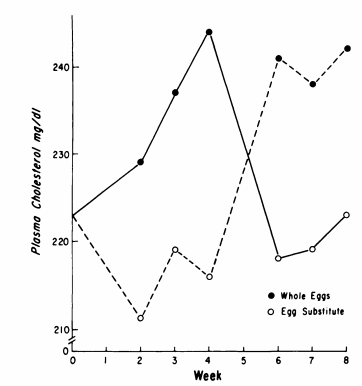
Science. Food. Health.
He/him
Youtube: https://t.co/otuWcJvR43
IG: @gilcarvalho.md
TT: @nutrition.made.simple
https://t.co/h75EnKIFNv
How to get URL link on X (Twitter) App










https://twitter.com/nutritionorg/status/1268271645510324224I was surprised by the topic; I thought the 'yes' position had an overwhelming advantage

 2) In mouse models, benefits of IF not fully explained by calories/weight loss
2) In mouse models, benefits of IF not fully explained by calories/weight loss 
 maybe it's mostly the elderly? (self-interest)
maybe it's mostly the elderly? (self-interest) 
